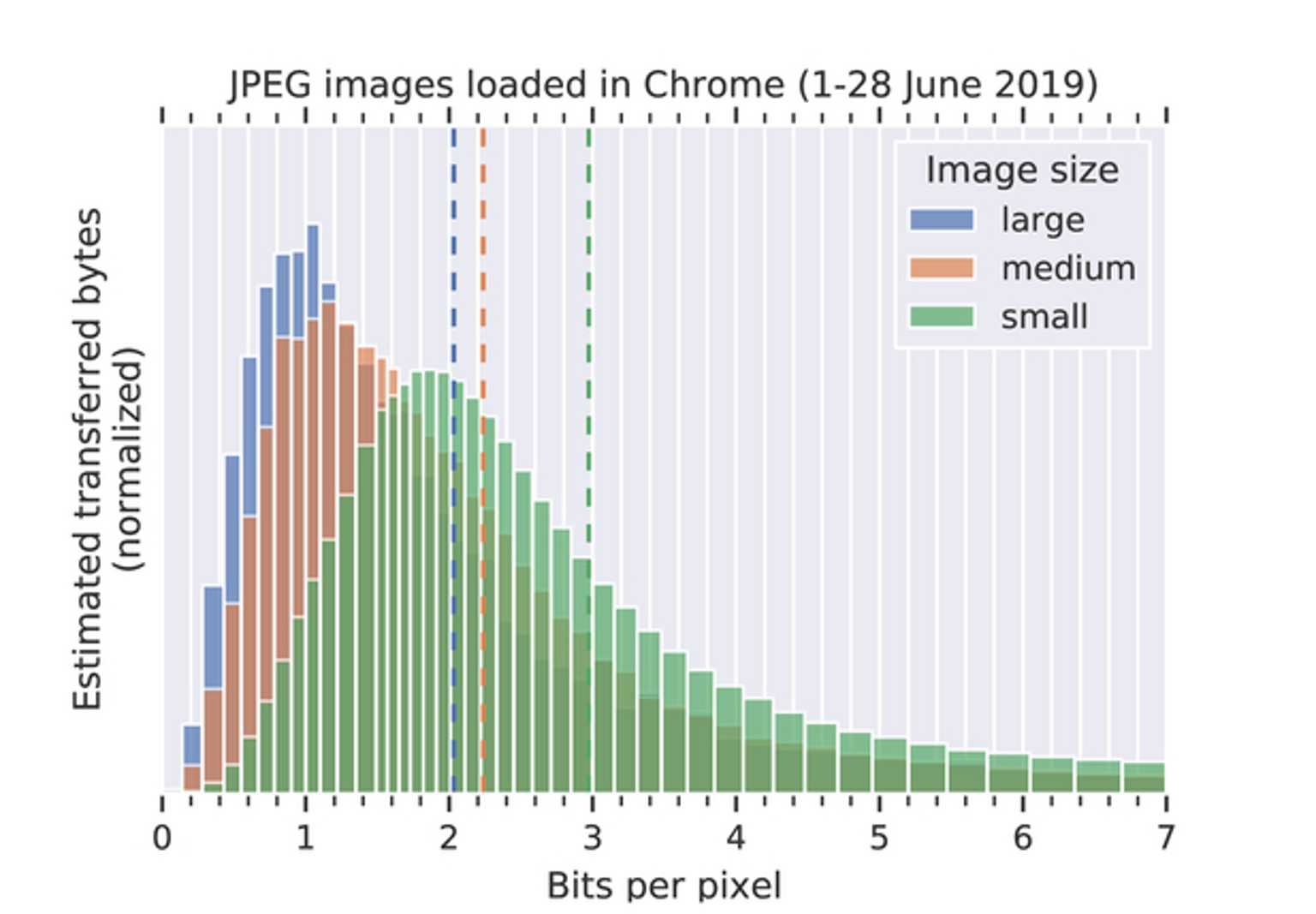
The images above shows billions of samples collected by Google Chrome, most JPEG images on the web has a BPP ( Bit Per Pixel ) over 1.
For nearly all (95%+) of photos or images over BPP 1.0, JPEG XL has better quality than AVIF. In many categories of photos, JPEG XL scores better than AVIF at sub BPP 1.0 ( Which was a surprising results to many ). And AVIF's advantage are in clean images. [1], at roughly 20% of bitrate reduction.
When was the last time, you saw engineers from companies [2] like Shopify, Adobe, Facebook, Intel, News Site like Guardian or Open Sources Project like Krita writing in support for a Codec? For the 20+ years of me following audio, video and image codec, I dont record this has ever happened before.
JPEG XL is also relatively new. For 2021-2022 most of its time were spent on making sure the ISO Standard get published. There are plenty of opportunities to make a faster and better encoder and decoder. Unlike AVIF based on AV1 which has 1000x more resources and years of head start. ( I wish we could get a JPEG XL based Video codec. )
It is also Royalty Free. Although it may not be Patent-Unencumbered, as it lacks the protection from Google and members of AOM. ( Alliance of Open Media )
Google being Google, I am not expecting them to change their Stand. But at least it is generating quite a few headlines. And hopefully part of the world will at least remember JPEG XL.
[1] https://twitter.com/jonsneyers/status/1563442356493230080
[2] https://bugs.chromium.org/p/chromium/issues/detail?id=1178058